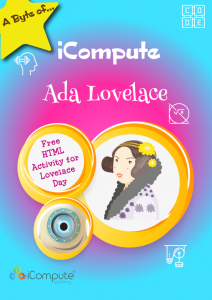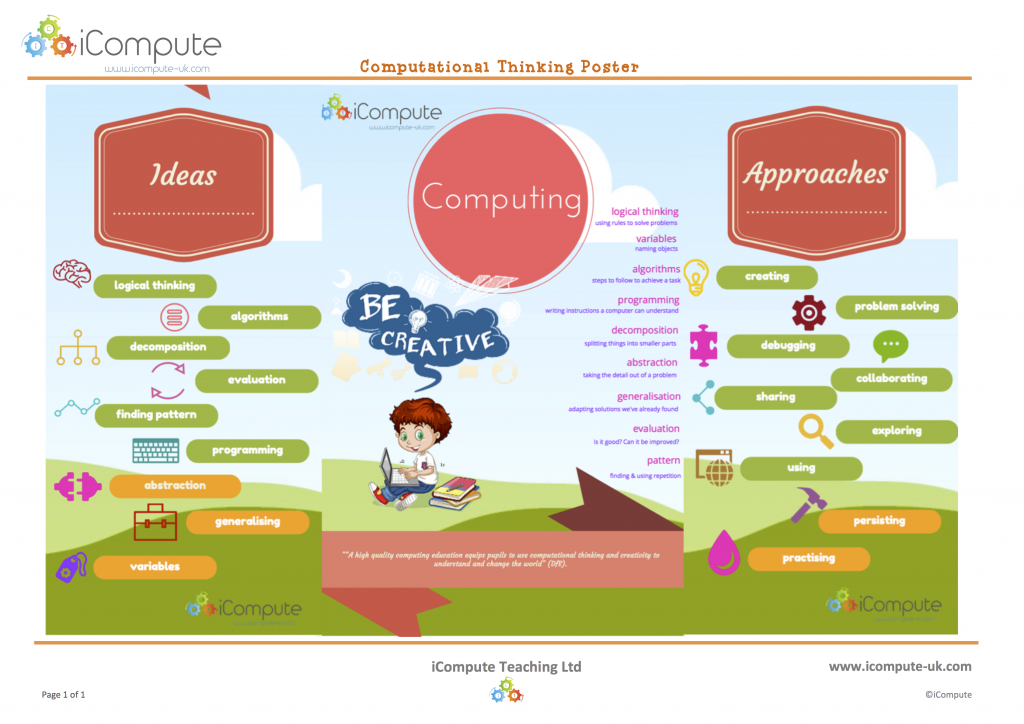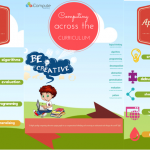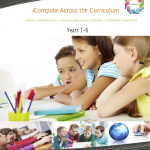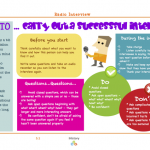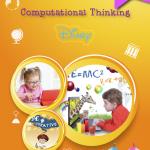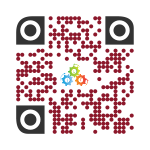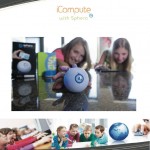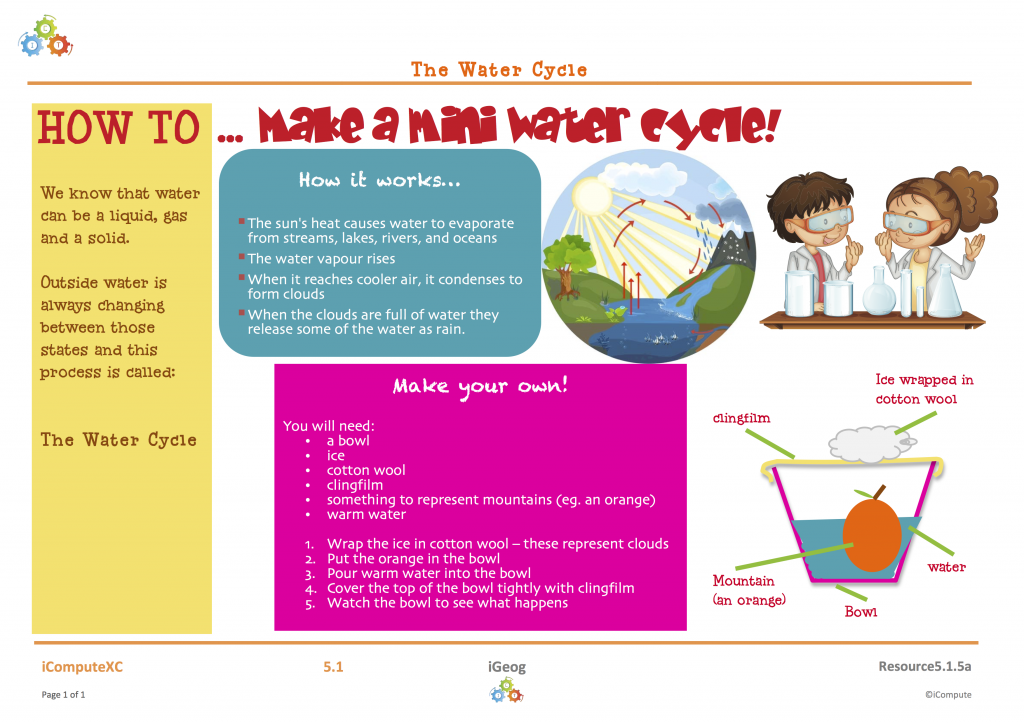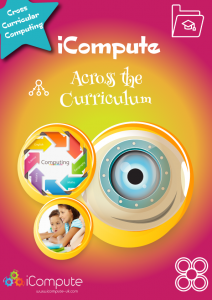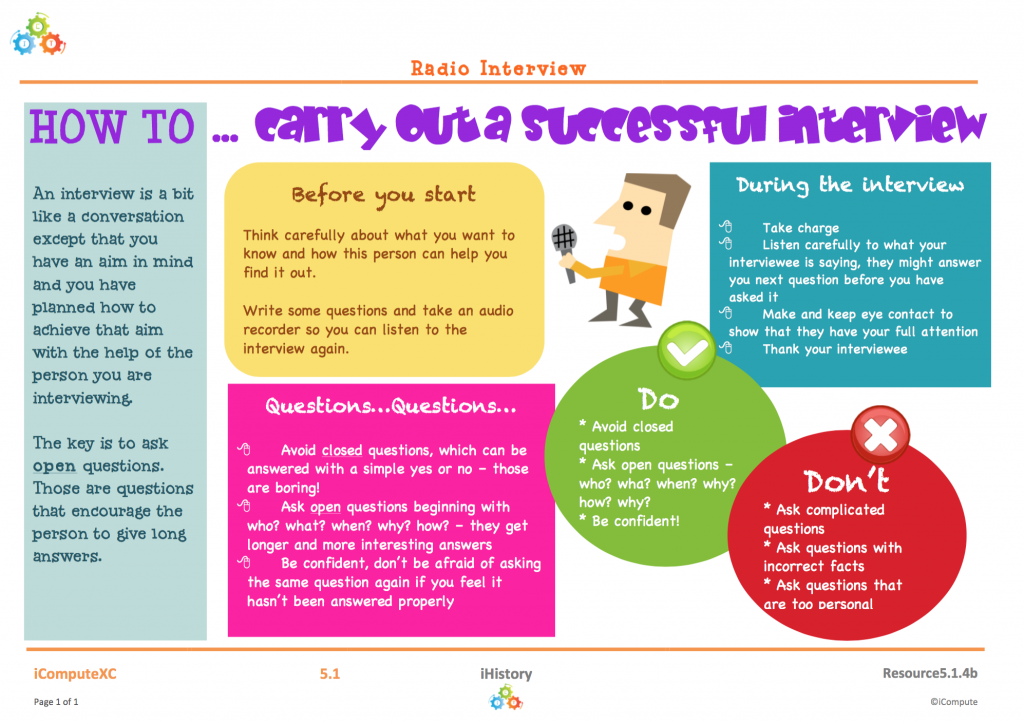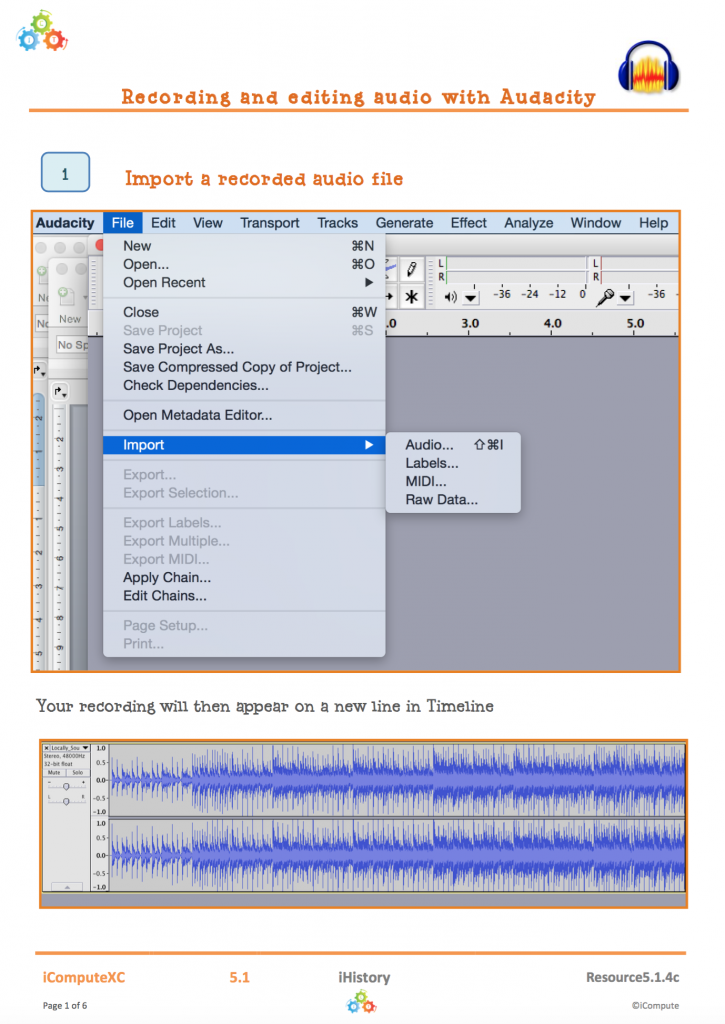The Magnificent Ada Lovelace
Ada Lovelace had it worse, but as one of the few women undertaking a Computing Science degree in the 90’s, I’m used to being a minority. I’ve never understood why it is such a male dominated industry because I love it. I don’t put this down to sexism. Throughout my studies and beyond in the workplace as a software engineer and, later, project manager I have been treated with respect at all times by men in my field.
I have my own theories about why girls don’t take to computer science as wholeheartedly as their male counterparts and they are, in my opinion, largely down to teaching – or lack thereof. Which is why it’s great that, here in the UK, learning computer science is statutory from the age of 5 because it allows us teachers the (almost unique) opportunity to engage girls early in this creative and fascinating subject. Not just enabling them to enter into the tech industry later if they want to but because it’s absolutely crucial to know how to communicate, collaborate and express yourself in the modern digital world.
In her blog post of 2009 (when Ada Lovelace Day was born) Suw Charman-Anderson speaks of research pointing to need for women to need to see female role models. If that’s true then, given the amount of women teaching computing in the UK, we should surely see an upsurge in engagement in computing by girls and, empowerment through it! That is, if their role model’s are good ones; who show a passion and enthusiasm for the subject and teach it in creative, fun and challenging ways. I hope that, since its introduction into the National Curriculum in 2014, we are making good strides towards achieving this. There’s no excuse not to as there is a wealth of support and resources available to support teachers and schools. I regularly produce free lesson plans and support materials to, hopefully, inspire and motivate teachers of primary computing.
This Ada Lovelace day (13th October 2020) I’ve put together a step-by-step lesson plan and supporting resources adapted from iCompute’s Cross Curricular Computing pack for teaching Computing with History. Suitable for pupils aged 7-11, it involves researching Ada Lovelace and producing a webpage about their findings using basic HTML.
Download and use to show your pupils how women have been instrumental in the transformation of the technological world!




